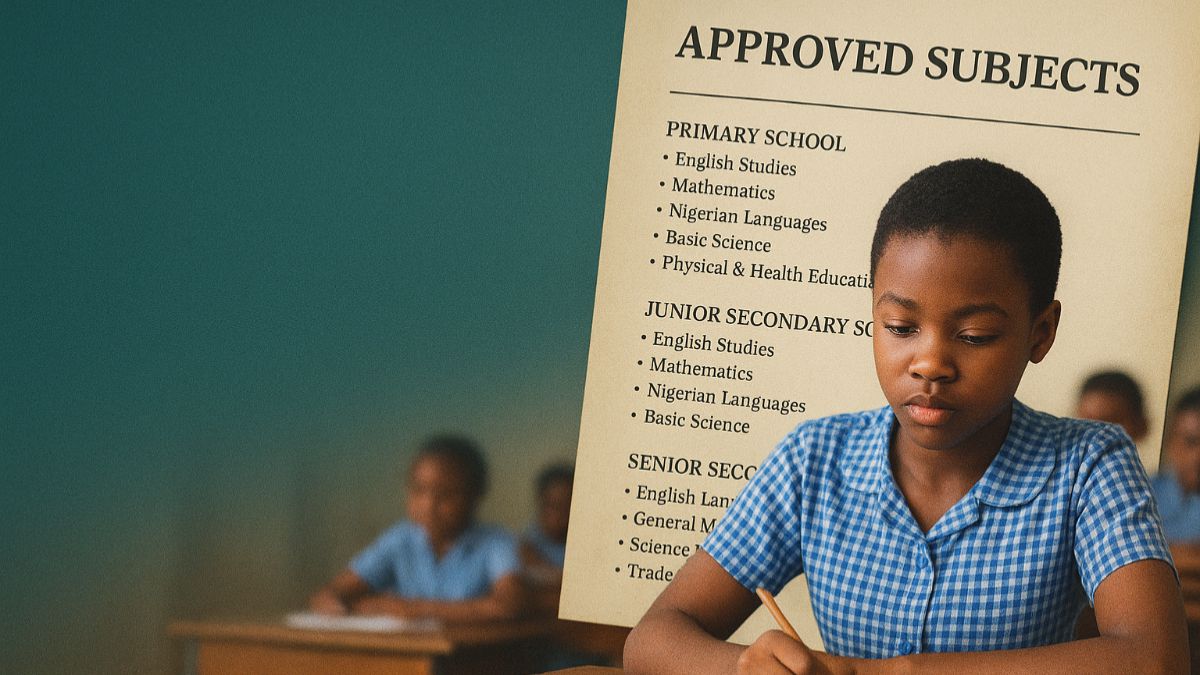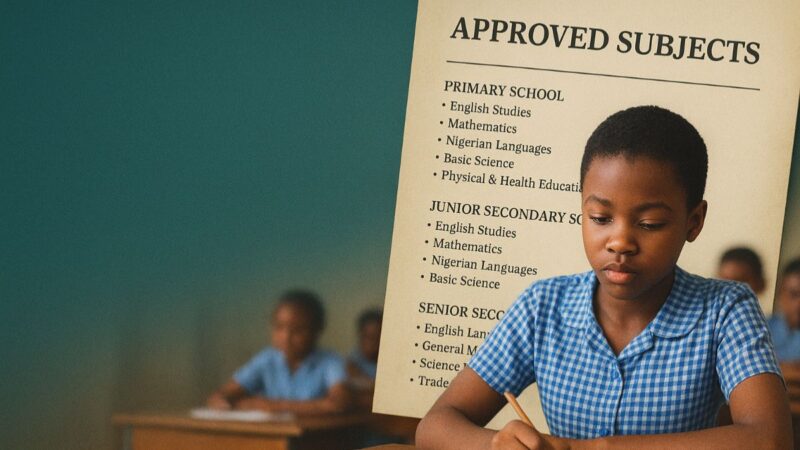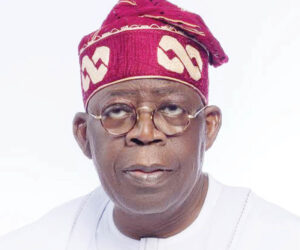
The Federal Government has officially released the approved list of subjects for basic and senior secondary education in Nigeria, putting to rest weeks of speculation following the circulation of unverified lists online.
The Nigerian Educational Research and Development Council (NERDC), which issued the notice on Monday, September 8, cautioned stakeholders to disregard “any fake and unauthentic list” being shared across platforms.
The Council insisted that the document, signed by its Executive Secretary, Professor Salisu Shehu, on 8 September 2025, represents the only authentic curriculum approved by the Federal Ministry of Education (FME).
“This marks a new phase in Nigeria’s education sector,” the NERDC declared, adding that the reforms are designed to reduce overload, promote relevance, and ensure skill acquisition from the earliest stages of learning.
“Nationwide sensitisation and teacher capacity building have been slated to commence immediately for effective implementation.”
Revised Curriculum Breakdown
Under the reforms, subject offerings have been streamlined across Primary, Junior Secondary, and Senior Secondary levels.
At the Primary level, pupils in Primary 1–3 will take between nine and ten subjects, including English Studies, Mathematics, Nigerian Languages, Basic Science, Physical and Health Education, Religious Studies, Nigerian History, Social and Citizenship Studies, and Cultural and Creative Arts. Arabic remains optional.
For Primary 4–6, the list expands to between eleven and thirteen subjects, with the introduction of Basic Digital Literacy and Pre-vocational Studies. French also appears as an optional subject, alongside Arabic.
At the Junior Secondary School (JSS) level, students will be offered between twelve and fourteen subjects. Core subjects include English Studies, Mathematics, Nigerian Languages, Intermediate Science, Physical and Health Education, Digital Technologies, History, and Cultural and Creative Arts. Trade subjects also feature prominently, with options such as Solar Photovoltaic Installation, Fashion Design, Livestock Farming, Computer Hardware and GSM Repairs, and Horticulture.
For Senior Secondary School, five subjects are compulsory: English Language, General Mathematics, one Trade Subject, Citizenship and Heritage Studies, and Digital Technologies. Students then choose from a wide range of science, humanities, business, and vocational courses, including Physics, Chemistry, Government, Literature, Marketing, and Catering Craft.
Implementation and Concerns
The Council explained that implementation will begin gradually at the start of each three-year educational cycle, covering Primary 1, Primary 4, JSS 1, and SS 1. This phased approach, it argued, would allow schools to transition smoothly into the new system.
The Federal Government had earlier announced on 1 September that the curriculum review was part of its National Education Sector Reform Initiatives (NESRI), aimed at making Nigerian learners “future-ready” by embedding skills training and digital literacy into the school system.
However, not all stakeholders are convinced. Teachers’ unions and some parents have criticised the government for what they describe as a rushed and top-down approach.
Critics argue that schools are ill-prepared for the rollout and that teachers were not adequately consulted.
FG Defends Move
Despite the backlash, the Federal Government has defended its approach, insisting that the reforms are both necessary and timely. Officials argue that the old system had become bloated and outdated, leaving learners unprepared for the demands of the modern economy.
Professor Shehu assured that the government is addressing infrastructure and manpower gaps.
“The Council has designed a robust sensitisation programme, alongside teacher retraining, to ensure the reforms deliver positive learning outcomes nationwide,” he said.
The new curriculum will take effect from the 2025/2026 academic session. Education analysts say the success of the reforms will depend largely on political will, funding, and sustained investment in training and facilities.
For now, the curriculum’s promise of relevance and skill-building is tempered by concerns about whether Nigeria’s education sector is adequately prepared for the leap.






